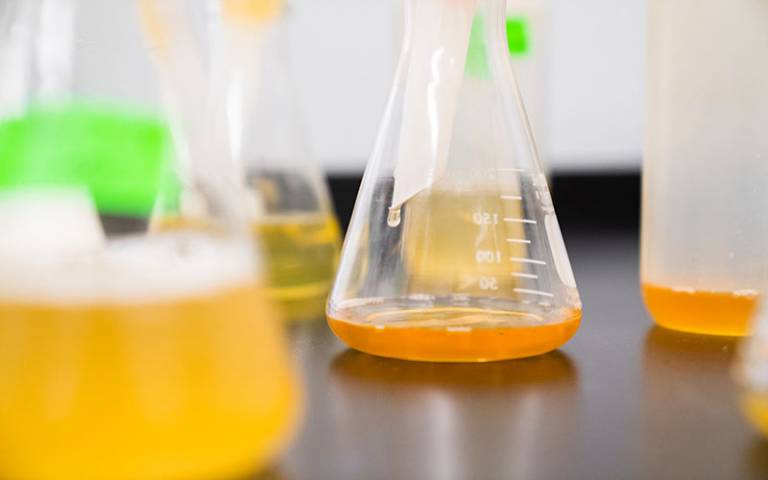Webinar | The ReaxFF reactive force field and its applications
08 July 2021, 2:00 pm–3:00 pm

Organised by UCL Mechanical Engineering's Energy and Environment Research Division, and featuring guest speaker Prof Adri van Duin from Penn State University, this presentation will explore how the ReaxFF method provides a highly transferable simulation method for atomistic scale simulations on chemical reactions at the nanosecond and nanometer scale.
This event is free.
Event Information
Open to
- All
Availability
- Yes
Cost
- Free
Organiser
-
Nelia Jurado Pontes, on behalf of the Energy and Environment Research Division, UCL Mechanical Engineering
ReaxFF combines concepts of bond-order based potentials with a polarizable charge distribution. Since its initial development for hydrocarbons in 2001, this concept has been found to be transferable to applications to elements all across the periodic table, including all first-row elements, metals, ceramics and ionic materials. For all these elements and associated materials, ReaxFF can accurately reproduce quantum mechanics-based structures, reaction energies and reaction barriers, enabling the method to predict reaction kinetics in complicated, multi-material environments at a relatively modest computational expense.
Join us as we describe the current concepts of the ReaxFF method, and the current status of the various ReaxFF codes, including parallel implementations and acceleration methods. Also, we will present an overview of recent applications, including combustion, high-energy materials, ferroelectric materials, catalysis, 2D-materials, aqueous phase chemistry and material failure.
Please note, this is a public webinar aimed at an academic audience.
Image credit: Elevate on Unsplash.
Join our webinar on 8/7/21 (no registration required)
About the Speaker
Prof Adri van Duin
Distinguished Professor, Mechanical Engineering at Penn State University

 Close
Close

